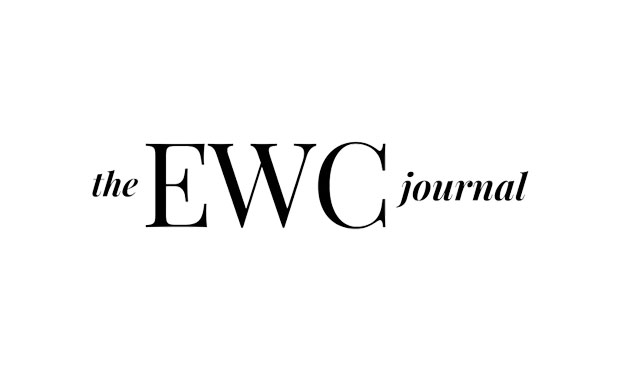By: Kathleen Guo
Tensions between China and the United States have reached the most acute levels since the countries normalized diplomatic relations more than four decades ago, with the American government’s ordering that China close its Houston consulate being just the latest example.
In defense, trade, technology, human rights and other categories, actions and reprisals by one side or the other have escalated sharply under President Trump’s administration, despite his repeated expressions of admiration for President Xi Jinping of China. Relationships continue to thin as the Trump administration is even weighing a blanket ban on travel to the United States by the 92 million members of China’s ruling Communist Party and the possible expulsion of any members currently in the country. This would likely cause retaliation against American travel and residency in China.
The U.S. and China take up 40 percent of global economic output. “If we are yelling at each other and slamming doors, then the world is a very unstable place, and businesses are not able to plan,” said Craig Allen, president of the U.S.-China Business Council.
This confrontation has elevated in severity, from specific and solvable challenges to a clash of systems and values.
Coronavirus has also added to this tension, with Mr. Trump and his subordinates blaming China for spreading it. They have repeatedly described the virus in racist and stigmatizing terms, calling it the Wuhan virus, China virus and Kung Flu. On July 4, Mr. Trump said China “must be held fully accountable.” The administration also has defunded and ordered a severing of ties with the World Health Organization, accusing it of having abetted shortcomings in China’s initial response to the outbreak. Just on Tuesday, the Justice Department accused Chinese hackers of attempting to steal information about American research on a virus vaccine.
There’s been a severe test on trade ties with Trump accusing that China was exploiting the country’s trade relationship with the United States by selling the country far more than it purchased. He decreed a series of tariffs on Chinese goods. China retaliated, resulting in a trade war that has now lasted more than two years.
This “Cold War” between the global superpowers has already done immense damage to businesses, with an example of the U.S. putting restrictions on electronics from Huawei, China’s leading technology company. Orville Schell, director of the Center on U.S.-China Relations at the Asia Society has said, “I think we’re in a dangerous and precipitous spiral downward, not without cause, but without the proper diplomatic skills to arrest it.”











